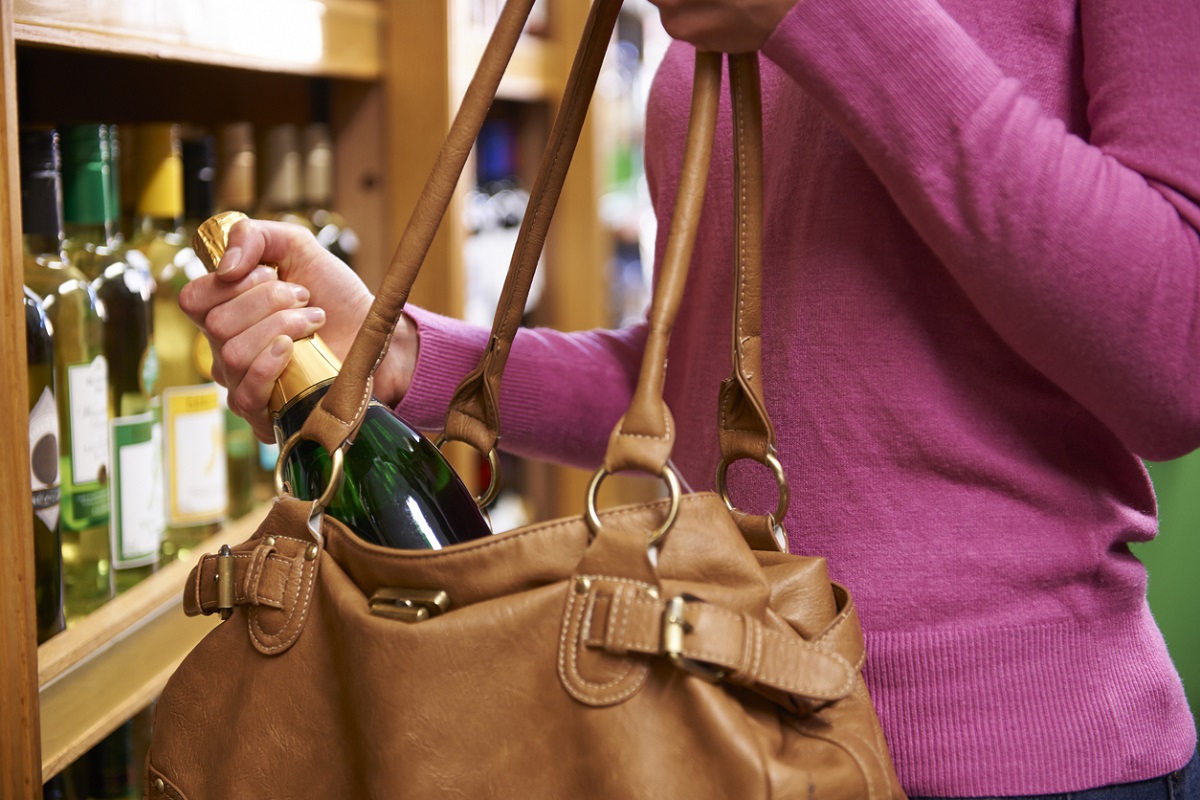Responding to the rise in incidents of retail crime as we approach the busy Christmas period, several national organisations are working on campaigns to address the issue.
With incidents of crime spanning many different areas, retailers are confronted with a rise in theft, as well as verbal abuse and physical violence.
In the latest report on the rising cost of retail theft, BOCSAR detailed a sharp increase in retail theft post-pandemic, with liquor being the most frequently reported stolen item, making up 37 per cent of reported incidents.
Focusing on the liquor industry, Retail Drinks is set to launch its new Safe to Serve initiative later this year. The campaign will support liquor retailers in tackling the increasing incidence of retail crime, including a step-by-step guide for assessing their risk level, supported by proactive steps, resources and collateral for minimising this risk.
Retail Drinks CEO Michael Waters shared details of the new campaign with National Liquor News.
“Crime in retail liquor stores is on the rise and we need to take proactive steps to meet this challenge.
“In the coming months, Retail Drinks will be launching our new Safe to Serve initiative which will include education and training for retail liquor staff and tools for store owners to target harden their businesses, a new community awareness and industry responsibility campaign, and a new approach to policy and advocacy.
“As part of the launch a new toolkit will be distributed nationally, which includes a self-assessment tool, so store owners and managers understand how risky their store is.
“It then provides a list of suggested investments and activities they can undertake to better equip their store and staff depending on their risk level. It also includes guides to interact with police, contact details for free support services, checklists and more.
“Our aim is to make retail liquor stores safer for everyone.”
With retail workers increasingly subject to verbal abuse and harmful physical violence across the broader retail industry, the Shop, Distributive and Allied Employees Association (SDA), the National Retail Assocation (NRA), and the Shopping Centre Council of Australia (SCCA) are working together on the new No One Deserves a Serve campaign.
The campaign was first launched by the SDA in 2017 and encourages customers to treat retail workers with courtesy and respect. Gerard Dwyer, National Secretary of the SDA, spoke about the issue.
“Customer abuse and violence is a serious workplace health and safety issue for retail workers across Australia. Research shows that more than 85 per cent of retail workers report being abused on the job with young workers, women and workers from diverse backgrounds being disproportionately singled out for mistreatment.
“Retail workers are under more stress and pressure during the Christmas season – we’re asking all shoppers not to take out their festive frustrations on the workers who are there to help make your shopping experience a pleasant one.”
Demonstrating a shared commitment to an industry-wide approach on worker safety and retail crime, the SDA, NRA and SCCA have made a commitment to work together and partner with governments to address the society-wide issue of rising retail crime and violence.
SCCA members will run the campaign ads for free nationally across digital media within shopping centres. Workers across small and large retailers will be encouraged to report all incidents of abuse, violence and retail crime to police.
The No One Deserves a Serve campaign is expected to run across more than 3,100 digital screens across 150+ shopping centres, home to over 28,000 retailers, from the start of November through the Christmas trading period. Across the peak shopping period, in-centre exposure is estimated to reach 190+ million consumer visits.
“While the No One Deserves a Serve campaign is a broader retail campaign to combat aggressive behaviour, it complements the Safe to Serve initiative and the two campaigns sitting side by side will ensure a safer and more respectful retail liquor environment,” added Waters.

